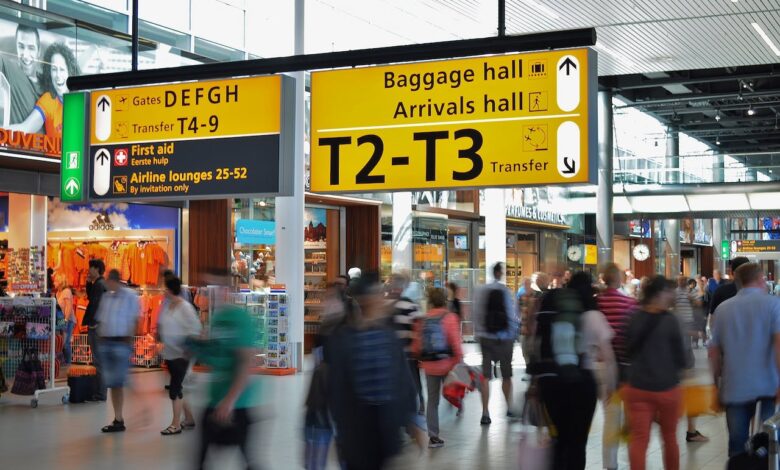
The UK is gearing up to trial facial recognition technology that could potentially render passports obsolete in the future. Phil Douglas, director-general of the UK Border Force, revealed plans this week to introduce new e-gates at airports, aiming to establish an “intelligent border” featuring enhanced facial recognition systems. Although testing is slated to commence this year, full-scale adoption is not anticipated in the near term. This innovative technology could significantly streamline the immigration process, reducing wait times and increasing security at border checkpoints. As the trials progress, the hope is to refine and expand the facial recognition systems, providing a smoother, more efficient experience for travelers and border officials alike.
Industry expert insights
Andrew Bud, CEO of UK biometrics firm iProov, clarified that facial recognition will not supplant passports at British airports by 2024. Nevertheless, he is confident that the transition will eventually take place. iProov has previously devised a facial recognition system for rail travel, which was launched at Eurostar’s London terminal in July. Technology continuously evolves and is gaining traction in various sectors, including travel and security. As facial recognition systems become more efficient, accurate, and widely adopted, traditional passports will likely be gradually phased out and replaced with more advanced biometric solutions, such as face scans, for seamless, secure travel experiences.
When they arrive at London’s St Pancras Station, passengers can go through a designated lane for facial recognition, allowing them to skip ticket gates and manual border control within the UK. This innovative technology aims to streamline the travel experience and reduce waiting times, providing a more efficient and user-friendly journey for commuters and tourists alike. As facial recognition technology advances, its implementation in transportation hubs like St Pancras Station may soon become the norm for rapid, hassle-free border control and ticket verification.
Global adoption in border checkpoints
Despite the challenges, facial recognition is becoming more widespread at border checkpoints. Technological advancements have increased efficiency in detecting and preventing unauthorized entry at these checkpoints. As a result, governments worldwide are adopting facial recognition systems to enhance security measures and streamline the immigration process for travelers.
Featured Image Credit: Skitterphoto; Pexels
Source link




